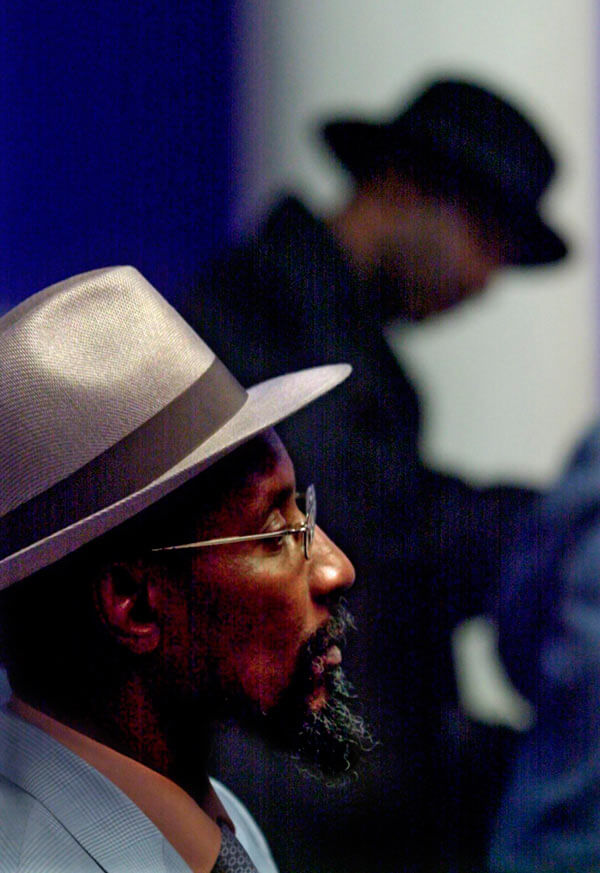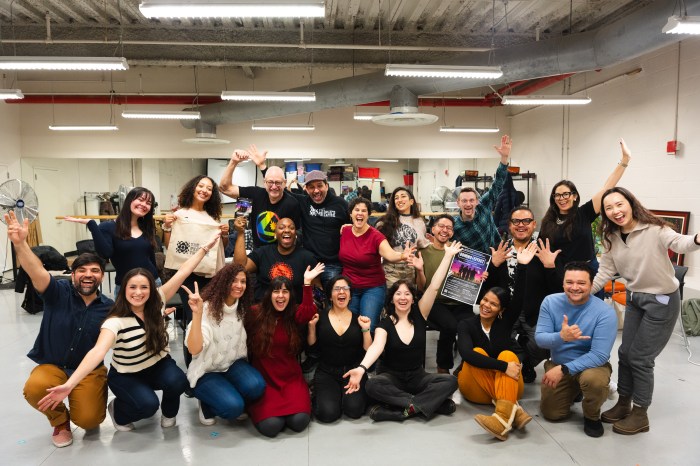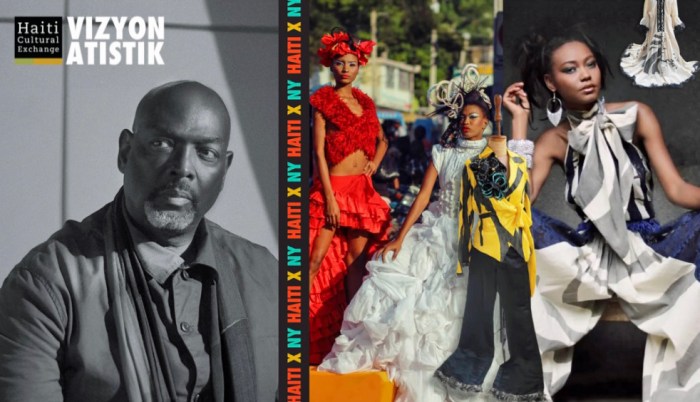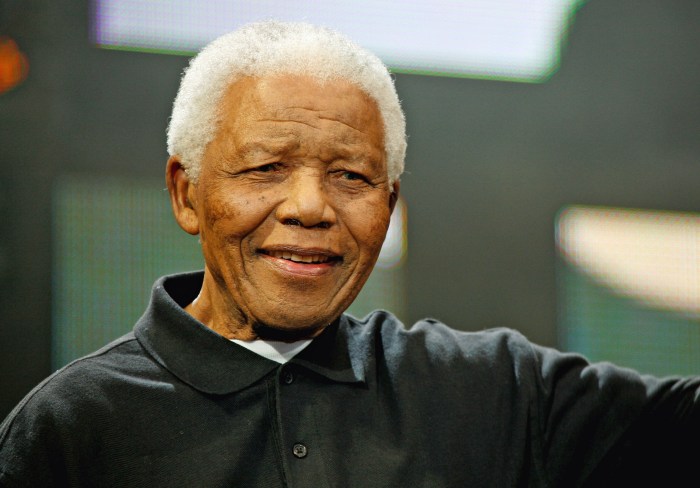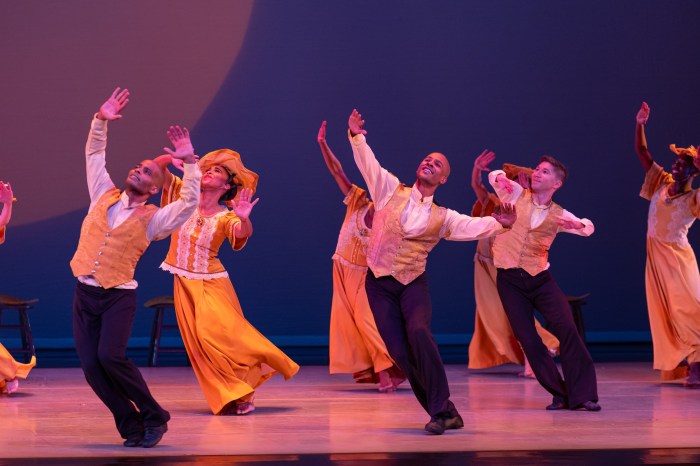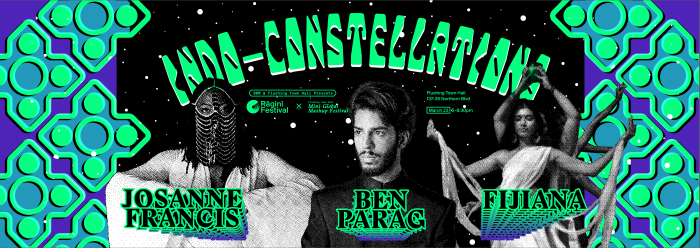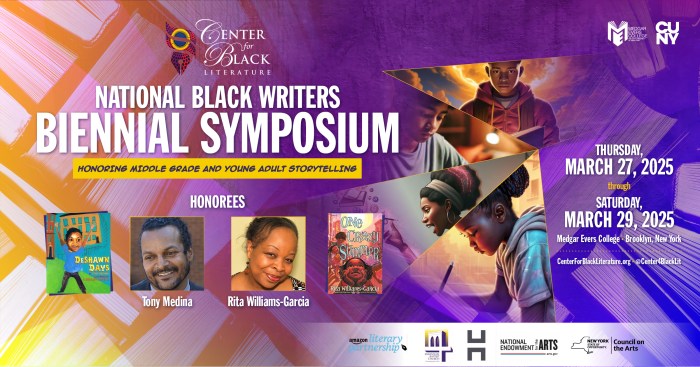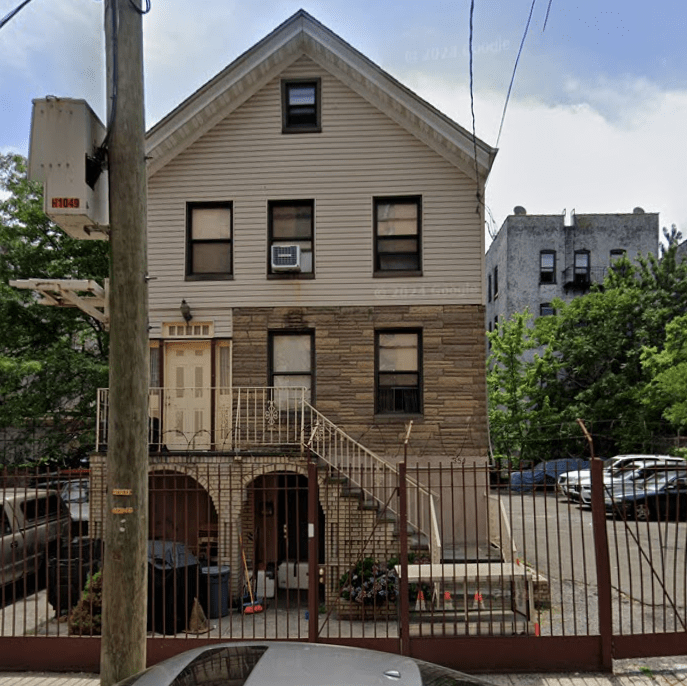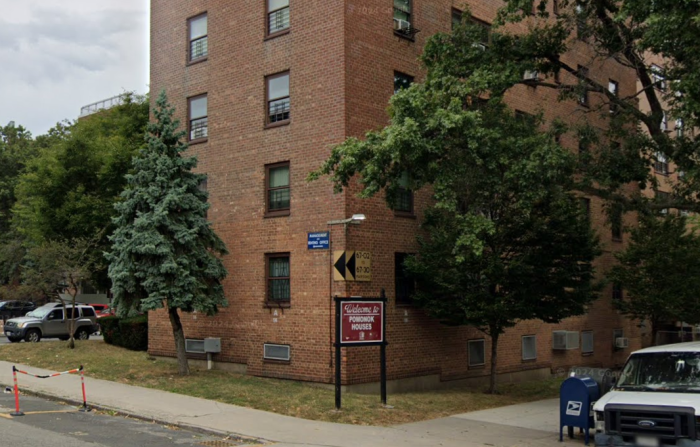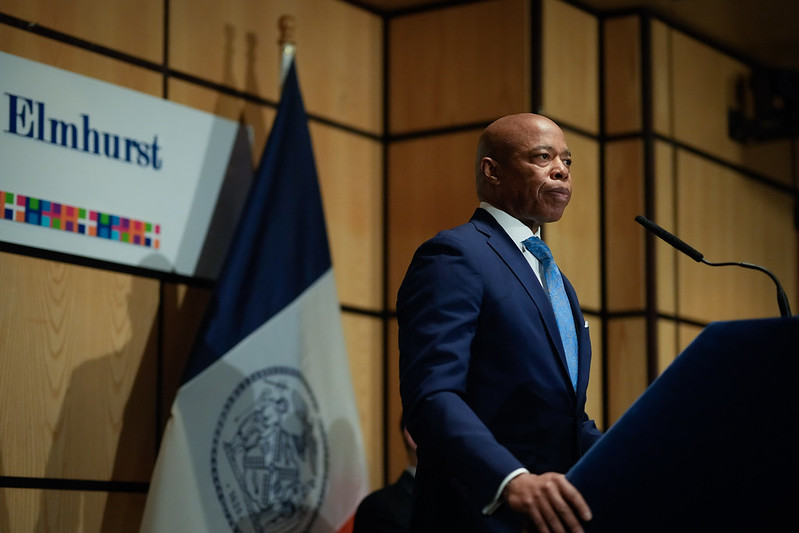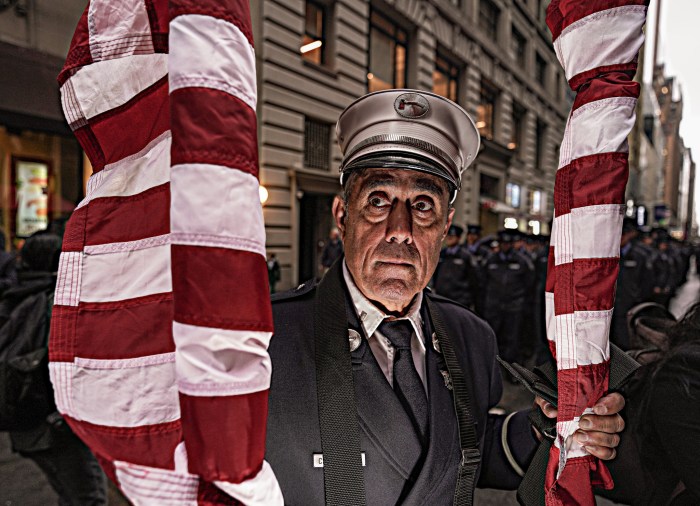Linton Kwesi Johnson, Jamaica’s premier dub poet was recently honored with a doctorate in literature from a university in South Africa for his “inspiring political activism” and relentless dedication to his craft.
The UK-based poet renowned for blending reggae music with political and social commentary to accentuate conditions in England and elsewhere received an honorary doctorate from Rhodes University in Grahamstown, South Africa in recognition of his poetry which was described as “the soundtrack of the 1980s anti-apartheid struggle in South Africa.”
Nominated for a doctorate by Rhodes University’s Professor Rod Walker, Professor Robert van Niekirk, Professor S. Naidu and Professor M. Hendricks, they said the reason Johnson was named was because they wanted to recognize his “seminal contribution, through poetry and music, to decolonize the English language and the English literary canon.”
Popularly known as LKJ, he has always maintained that for him “writing was a political act and poetry was a cultural weapon”
Since arriving in Brixton in the early 60s LKJ has tackled British foreign policy, the pervasive racism there and police brutality.
Incorporating words, sound and music, he relentlessly railed against the governance of Prime Minister Margaret Thatcher through recitations he penned with titles such as: “Inglan Is A Bitch,” “Sonny’s Lettah” (police brutality) “Letter Fi Dada” (about the death of his father in 1982) and others.
His homage to Caribbean immigrants in Britain — “It Is No Mystery…We’re Making History” emerged more than syncopated poetic rhythms but classic commentary phrased by Jamaica’s patois.
Most of Johnson’s poetry is political, dealing mainly with the experiences of being an African-Caribbean in Britain.
Audiences here were able to see and hear LKJ when he performed with the Dennis Bovell Dub Band at Irving Plaza and with that collaborative recalled him to tour some of the hotspots here and throughout the country.
In 2006, LKJ launched his fifth collection of poetry — “Mi Revalushanery Fren”— at St. Francis College in Brooklyn and has delivered updates on news events at many venues here.
Following the presentation, the 64-year-old, performance poet who was born in the town of Chapelton — which is located in the parish of Clarendon — addressed a large congregation of graduating students and their families.
Always on the cutting edge of political commentary, during his acceptance LKJ made reference to a controversy surrounding the statue of Cecil Rhodes at Oxford and also focused on his public and personal links to the former racist apartheid regime that preceded the election of freedom fighter Nelson Mandela.
LKJ nostalgically reflected on three key encounters he had with South African exiles in London back in the 1970s when he was a member of the Black Panther Party.
He explained how attorney Barney Desai, race relations officer, Lionel Morrison (later the first Black president of the National Union of Journalists) and writer Lewis Nkosi all contributed to his fight to clear his name after being put on trial for assault when he went to the aid of a Black youth being arrested with excessive force by police in Brixton, London in 1972.
He added that along with the DBDB played a reggae concert in Alexandria town-ship in South Africa. During that visit in 1995, LKJ said he met Albertina and Walter Sisulu in Soweto.
Throughout the past two decades LKJ has also given several poetry readings in the reconciliated African nation.
The innovative performance poet and activist spoke of the links created by reggae music.
LKJ used the opportunity to remind the audience that his birth-island of Jamaica was the first country to disassociate itself from apartheid South Africa and that one of South Africa’s most revered public intellectuals Peter Abrahams — who died earlier this year in January in Jamaica — was one of the island’s favorite adopted sons.
In 2002 he became the second living poet, and the only Black poet, to be published in the Penguin Modern Classics series.
In 2012, he was awarded the Golden Pen Award by English Pen for “a Lifetime’s Distinguished Service to Literature.”
He is a trustee of the George Padmore Institute.
In 2014 he was lauded with Jamaica’s third highest honor, the Order of Distinction.
While on the continent, LK also attended a tribute event where South African poet Lesego Rampolokeng and others thanked him for his inspiring political activism punctuating that his poetry and music were called “the soundtrack of the 1980s anti-apartheid struggle in South Africa.”


